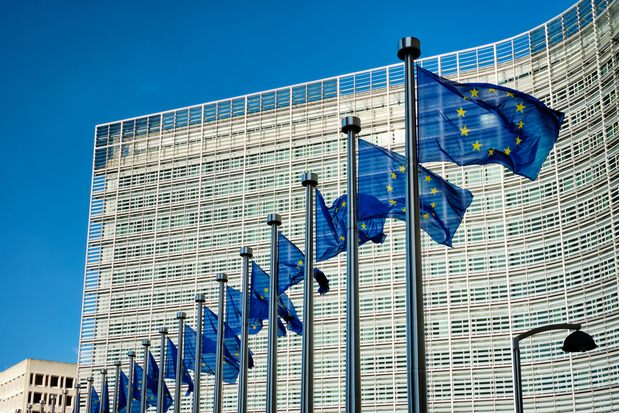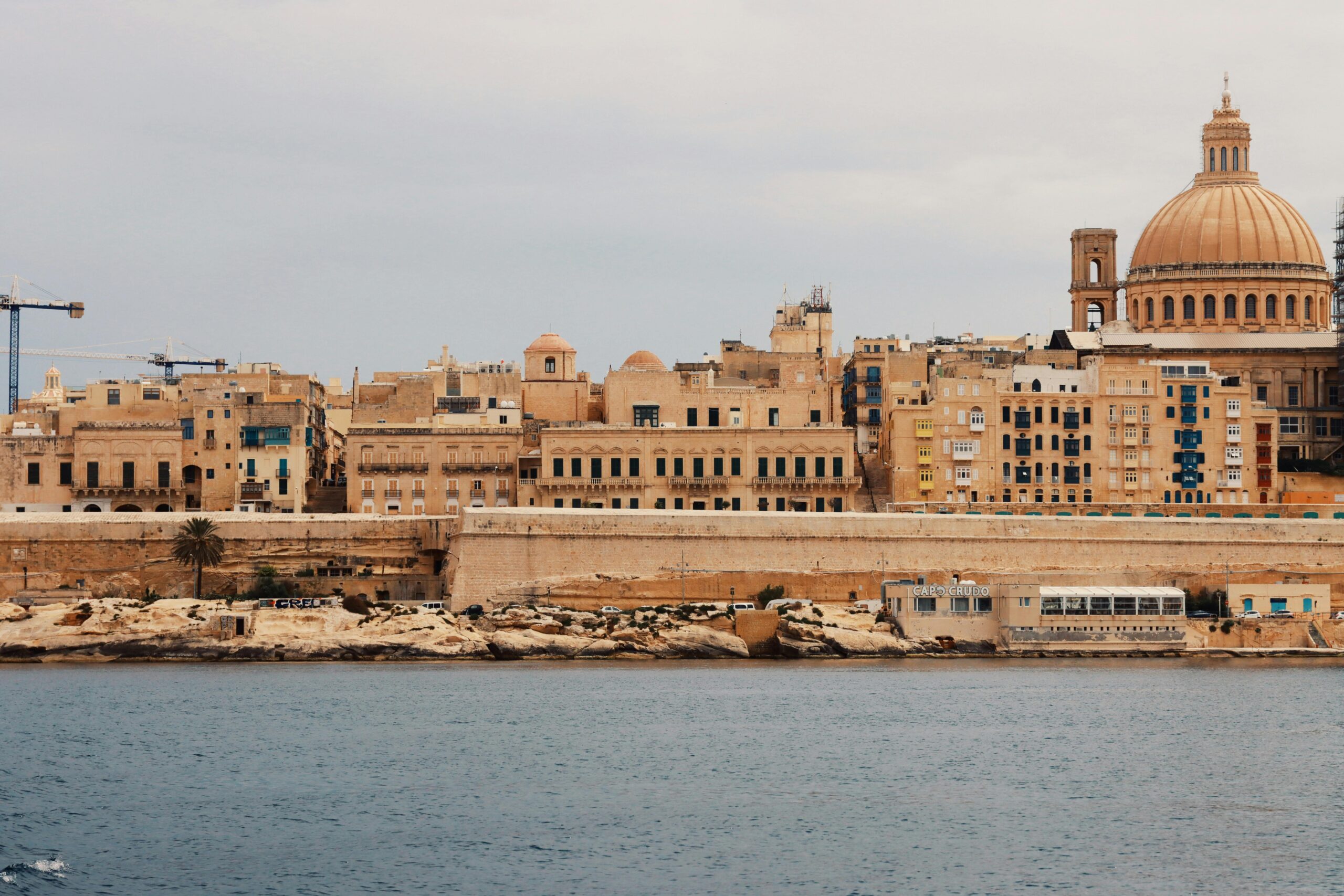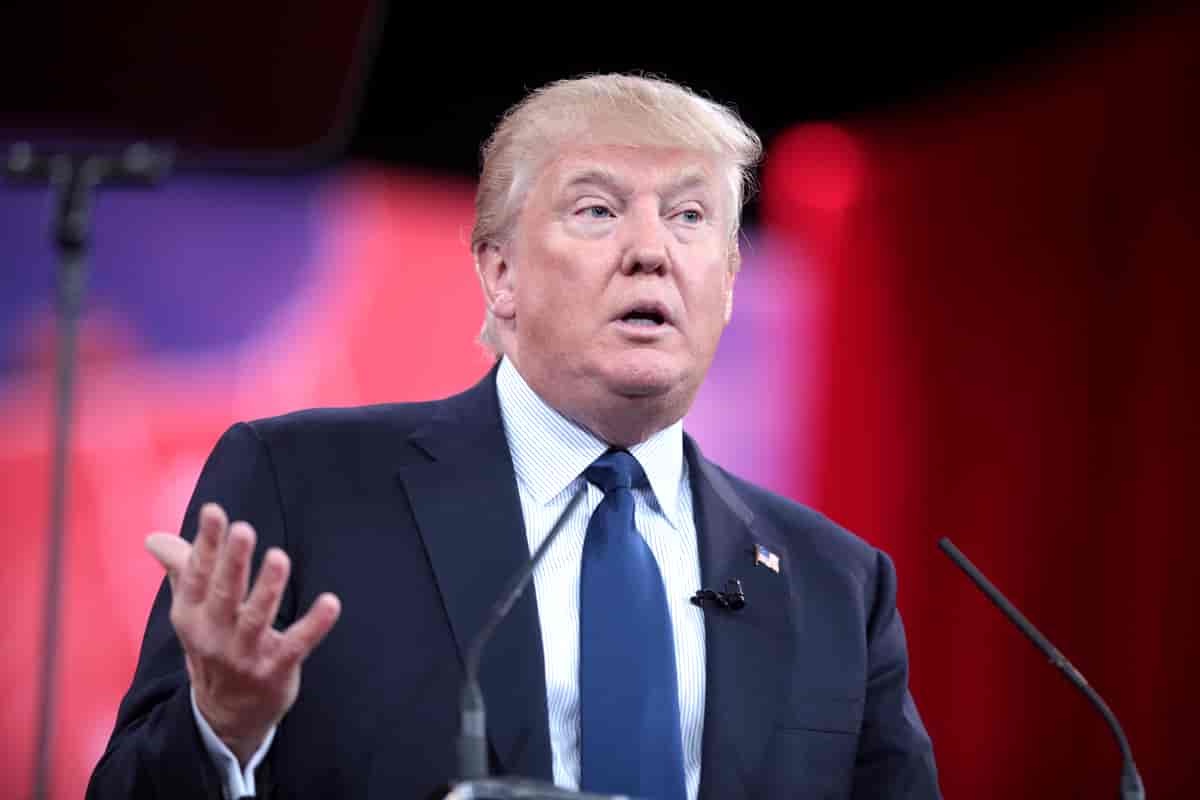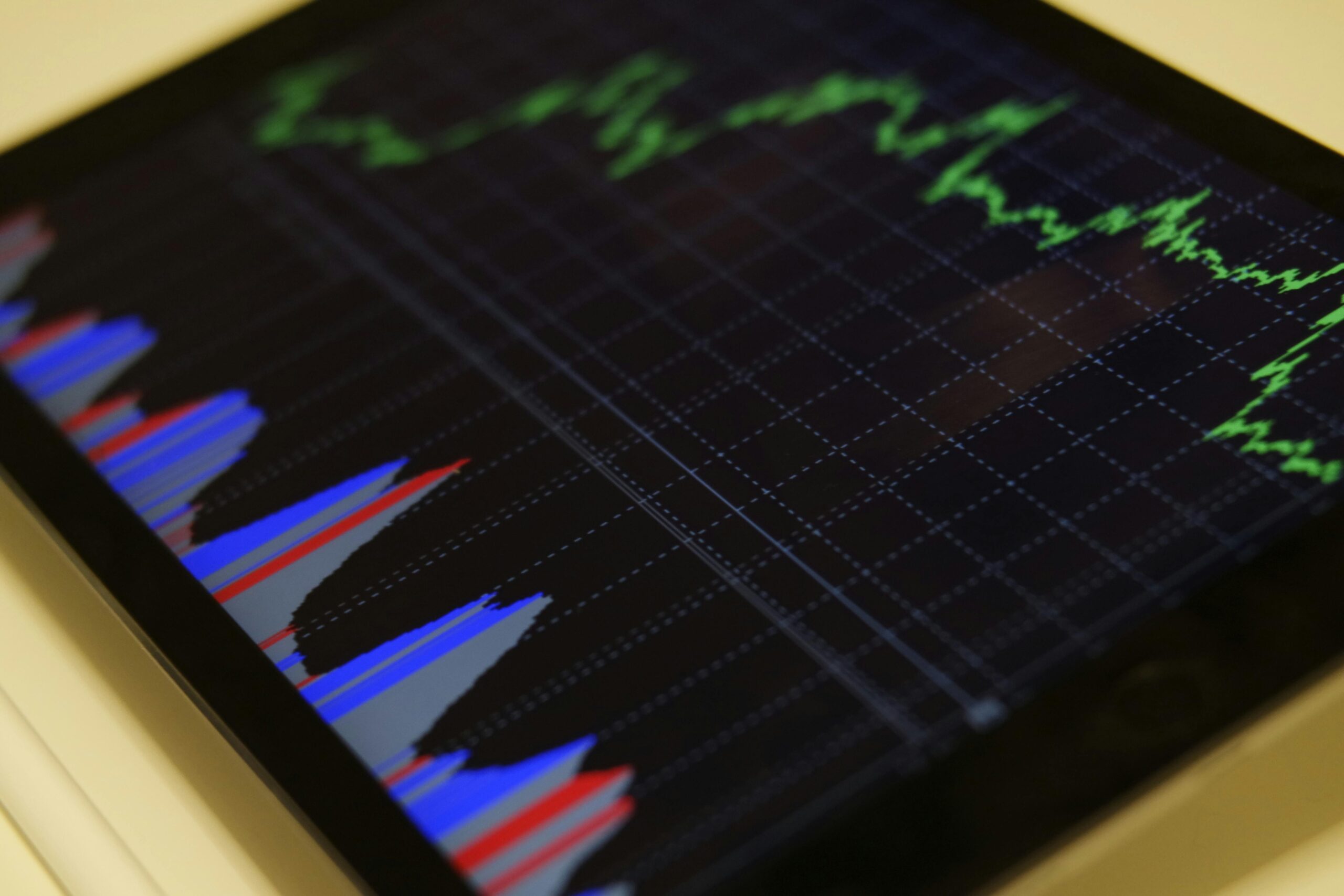Malta needs to find someone to replace Chris Fearne as its nominee to the post of European Commission without further delay, say business representatives, who also urged the country’s six MEPs to be “strategic” when deciding on which parliamentary committees they will participate in.
For The Malta Chamber’s Norman Aquilina, Malta “needs to rethink and recalibrate positioning in EU corridors.”
In a social media post, Mr Aquilina said that the Maltese Government needs to “urgently decide on what will already be considered a tardy nomination for our EU Commissioner.”
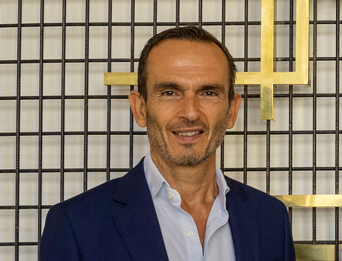
The previous nominee, former Deputy Prime Minister Chris Fearne, a respected Minister of Health who oversaw the country’s response to the COVID-19 pandemic, withdrew his nomination when faced with criminal charges in relation to the hospitals privatisation scandal.
“In ensuring we get our fair share of the pie, we can no longer remain spectators as the portfolio grappling amongst the EU member states unfolds,” said Mr Aquilina. “Delaying the nomination of our commissioner any further will only continue to compromise our eventually allocated (remaining) portfolio.”
His comments reflect a conversation he had with Roberta Metsola during a pre-election fireside chat organised by The Malta Chamber, where he asked the President of the European Parliament if she is worried that Malta does not yet have a candidate nominated for Commissioner.

“Of course it worries me,” replied Dr Metsola. “I can tell you that probably every other prime minister has already been negotiating the portfolio of their commissioner.”
She continued: “Make no mistake. If we allow for any more time we are not going to have an effective-enough portfolio.”
Speaking to BusinessNow.mt, EU affairs manager and head of Brussels operations with the Malta Business Bureau Daniel Debono says “it is no secret that member states start lobbying early for important portfolios in the next European Commission, often of strategic importance to their country, even though European Commissioners do not act as national representatives as such.
“Nominating Malta’s Commissioner sooner rather than later is very important at this stage given that negotiations will intensify in the coming days, not weeks, starting with the informal European Council taking place on Monday 17th June [today].”
On MEPs’ participation in committees
Mr Aquilina also said that the question of what parliamentary committees Malta’s six MEPs participate in is of strategic importance.
“Even if MEPs are grouped by their European political affiliations, (in our case EPP and S&D), this does not mean that nationalities have no role in the European Parliament,” he said.

“Here, there certainly is a need for us to adopt a more collaborative approach, starting by getting our MEPs to coordinate and eventually secure their positioning on those European Parliament committees of most strategic value to us.”
Mr Debono tells BusinessNow.mt that the combination of the small number of MEPs and the “overwhelming volume” of legislation going through the European Parliament makes it necessary for Malta’s MEPs to take up membership of committee strategically.
He says that he expects Malta’s six MEPs to “actively monitor and intervene on legislation of relevance to Malta.”
Asked which committees are most important, from a local business perspective, Mr Debono says it is “crucial” to have Maltese representatives in the Internal Market Committee (IMCO); Employment Committee (EMPL); Industry Research and Energy (ITRE); Transport and Tourism (TRAN); Environment, Public Health and Food Safety (ENVI); and the Economic and Monetary Affairs (ECON).
“These committees were covered in the last legislature but it has not always been the case.”
Malta’s economic growth to remain strong in global context, but sectoral shifts raise productivity concerns
While Malta continues to outpace eurozone peers in GDP growth, sectoral data suggests a growing reliance on less productive industries
Trump tariffs to take effect soon: EU prepares swift but measured response as trade tensions escalate
European businesses, policymakers, and investors alike are bracing for another potentially destabilising episode in transatlantic trade
Malta’s International Investment Position declines slightly
The largest component of these assets was Direct Investment


